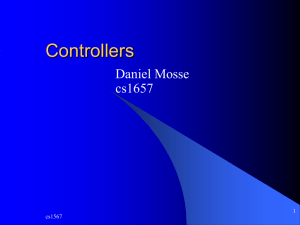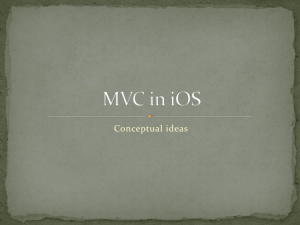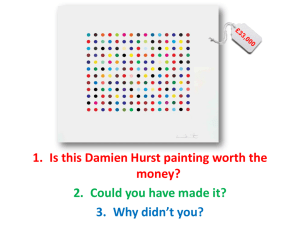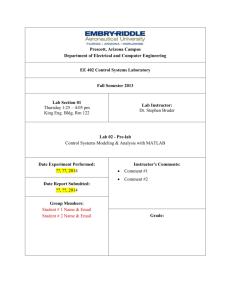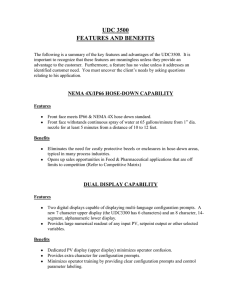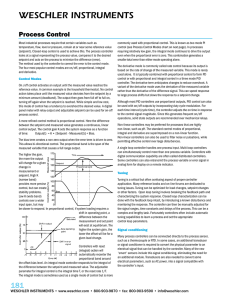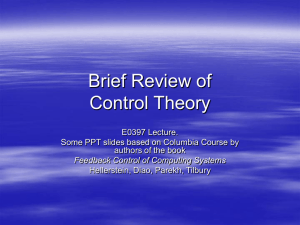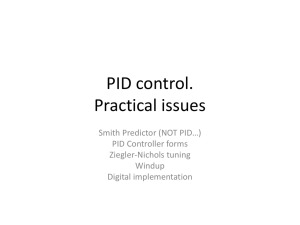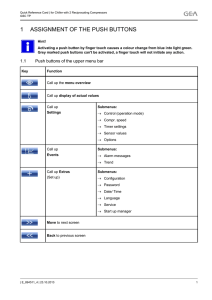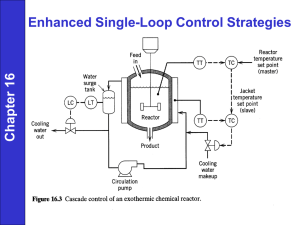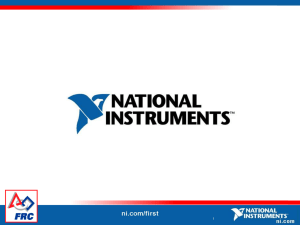Submitted to Microfluidics and Nanofluidics Supplementary Material
advertisement
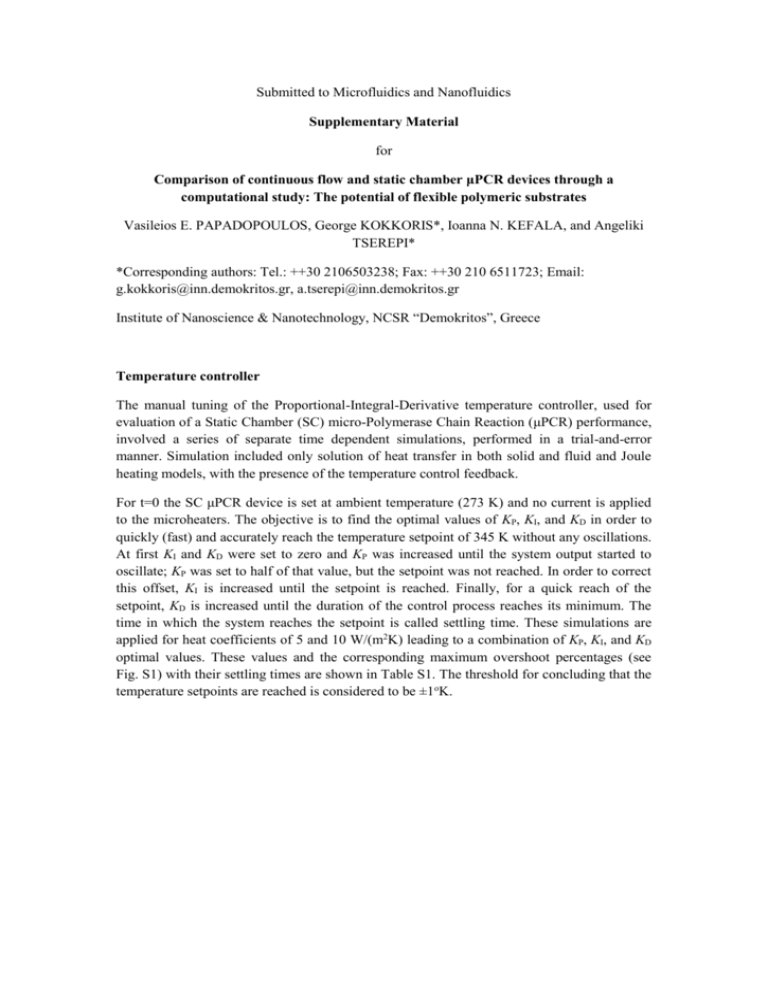
Submitted to Microfluidics and Nanofluidics Supplementary Material for Comparison of continuous flow and static chamber μPCR devices through a computational study: The potential of flexible polymeric substrates Vasileios E. PAPADOPOULOS, George KOKKORIS*, Ioanna N. KEFALA, and Angeliki TSEREPI* *Corresponding authors: Tel.: ++30 2106503238; Fax: ++30 210 6511723; Email: g.kokkoris@inn.demokritos.gr, a.tserepi@inn.demokritos.gr Institute of Nanoscience & Nanotechnology, NCSR “Demokritos”, Greece Temperature controller The manual tuning of the Proportional-Integral-Derivative temperature controller, used for evaluation of a Static Chamber (SC) micro-Polymerase Chain Reaction (μPCR) performance, involved a series of separate time dependent simulations, performed in a trial-and-error manner. Simulation included only solution of heat transfer in both solid and fluid and Joule heating models, with the presence of the temperature control feedback. For t=0 the SC μPCR device is set at ambient temperature (273 K) and no current is applied to the microheaters. The objective is to find the optimal values of KP, KI, and KD in order to quickly (fast) and accurately reach the temperature setpoint of 345 K without any oscillations. At first KI and KD were set to zero and KP was increased until the system output started to oscillate; KP was set to half of that value, but the setpoint was not reached. In order to correct this offset, KI is increased until the setpoint is reached. Finally, for a quick reach of the setpoint, KD is increased until the duration of the control process reaches its minimum. The time in which the system reaches the setpoint is called settling time. These simulations are applied for heat coefficients of 5 and 10 W/(m2K) leading to a combination of KP, KI, and KD optimal values. These values and the corresponding maximum overshoot percentages (see Fig. S1) with their settling times are shown in Table S1. The threshold for concluding that the temperature setpoints are reached is considered to be ±1oK. Fig. S1 PID temperature controller performance for a transition from 328 K to at 345 K. Settling time and overshoot percentage is shown. Table S1 PID temperature controller parameters and performance for various combinations between substrate types, substrate thickness and heat coefficient. PCB Controller specifications Kp Ki Kd 72 K to 95 K settling time Controller inactivity 95 K to 55 K settling time 55 K to 72 K settling time 72 K to 95 K overshoot 95 K to 55 K overshoot 55 K to 72 K overshoot 50μm 50μm 500μm 1000μm W h5 2 mK W h 10 2 m K W h5 2 mK h5 0.1000 0.0320 0.0045 4.2 s 16.2 s 6.9 s 4.2 s 1.6% 0.6% 3.8% 0.1000 0.0400 0.0040 3.8 s 10.9 s 6.0 s 3.8 s 1.6% 0.8% 3.4% 0.0700 0.0070 0.0040 16.6 s 39.6 s 29.9 s 16.1 s 2.7% 0.0% ** 3.5% 0.0500 0.0020 0.0040 53.0 s 67.1 s 0.0 s * 50.4 s 0.0% ** 0.0% ** 0.0% ** W m2 K Glass 1000μm h5 W m2 K 0.1600 0.0250 0.0000 6.5 s 59.6 s 0.0 s * 6.5 s 1.8% 0.0% ** 5.8% *During transition from denaturation to annealing phase, controller is switched off. In cases of thicker substrates the temperature drop (K/s) is very low. Therefore there is sufficient time for the PCR mixture to remain in annealing temperature without the operation of the controller, and controller starts again its operation for reaching the extension temperature. **No overshoot was observed: PCR mixture remained within acceptable bounds of temperature (temperature setpoint ±1 K), but without overshooting beyond the setpoint. Summary of the results Table S2. Comparison of CF and SC devices in terms of DNA amplification, energy consumption, and duration for different PCR protocols and heat transfer coefficients. The durations in parentheses include the pumping time. Device type CF SC PCR protocol 3s:4.2s:6.2s 1.8s:2.5s:3.7s 3s:4.2s:6.2s 1.8s:2.5s:3.7s 2 2 2 2 2 Heat coefficient 5 W/m K 10 W/m K 5 W/m K 5 W/m K 10 W/m K 5 W/m2K DNA amplification Energy consumption (J) 10 cycle duration (s) 645 253 630 363 300 150 657 69 630 85 436 61 353 353 212 463 (590) 391(519) 409 (536)
